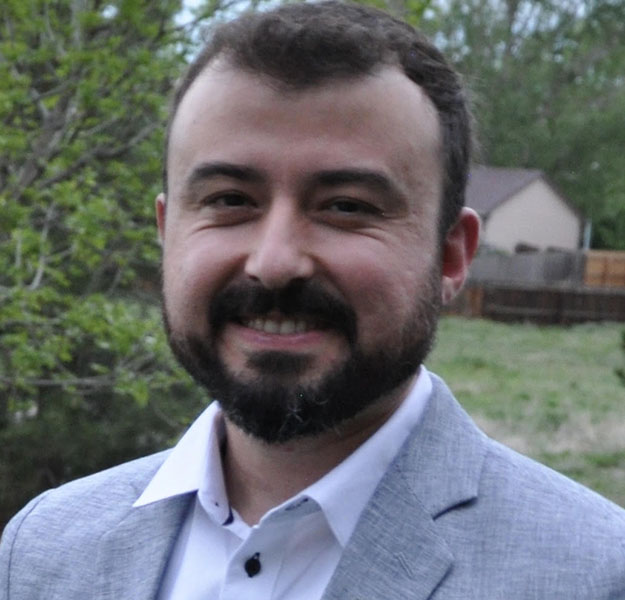What are Cyber Social Threats
The role of online platforms as a prime, daily communication tool is coincident with a sharp rise in its misuse, threatening our society in large. These platforms have been implicated for promoting hate speech, radicalization, harassment, cyberbullying, fake news, human trafficking, drug dealing, gender-based stereotyping and violence among other ills, with a significant impact on individual and community well-being. Such content and behaviors are inherently multi-faceted, making the recognition of their narratives challenging for researchers as well as social media companies. The implications to individuals and communities require reliable models and algorithms for detecting, understanding and countering the malevolent behavior in such communications. These challenges have led to a rising prominence of analysis of online communications in academia, politics, homeland security, and industry using computational techniques from natural language processing, statistics, network science, data mining, machine learning, computational linguistics, human-computer interaction, and cognitive science. To meet these challenges, this workshop aims to stimulate research on social, cultural, emotional, communicative, and linguistic aspects of harmful conversations on online platforms and developing novel approaches to analyze, interpret and understand them.
The workshop welcomes for consideration papers that employ quantitative and/or qualitative, analytical, theoretical approaches examining a diverse range of issues related to online harmful communications. Papers on resources/data and tools will also be welcome either for demos or for short/regular talks.
One best paper will be selected by the program committee, and the authors of the best paper will be invited for an extended version their paper to the Special Issue on Cyber-Social Health: Promoting Good and Countering Harm on Social Media.
Why attend the CyST Workshop?
This workshop will bring together researchers and practitioners in computer and social sciences from both academia and industry to exchange ideas on understanding the multi-faceted aspects of harmful content while leading the discussion on building novel computational methods to reliably detect, derive meaning, interpret, understand and counter them. The participants will find opportunities to present and hear about other fundamental research and emerging applications, to exchange ideas and experiences, and to identify new opportunities for collaborations across disciplines. The researchers and practitioners from various disciplines are strongly encouraged to attend, including (but not limited to) behavioral science, computer and information sciences, psychology, sociology, political science, cognitive science, cultural study, information systems, terrorism and counter-terrorism, operations research, and communication.
Themes & Topics
We are interested in both computing and social science approaches that study the above research directions, based on quantitative, qualitative and mixed research methods. We expect to receive submissions and lead discussions on the topics of novel analytic methods, tools, and datasets.
Themes
The CyST workshop has three main themes:
- Detection and prediction of content, users, and communities
- Countering harmful narratives
- Ethical considerations and handling bias
Topics
Topics for research and discussions on challenges in dealing with the online harmful content include (but not limited to):
- Online extremism
- Harassment and cyberbullying
- Hate speech
- Gender-based violence
- Human trafficking
- Illicit drug trafficking
- Mental health implications of social media
- Ethical considerations on privacy-preserving social media analytics
- Emotional and psychological support
- Trust relationship and community dynamics
- Relationship of the social web and mainstream news media
- Cultural implications of social web usage
- Influencer identification and community detection for movements
- Misinformation and disinformation (e.g., epidemics of fake news, images and videos, during a disaster, health issues and elections)
Important Dates
Paper submissions due: April 8, 2020
Final decision notification: May 1, 2020
Camera-ready submissions due: May 15, 2020
Submission Instructions
TBD
CyST Workshop Schedule
8.30 – 8.45 AM – Welcome to the workshop attendees.
8.45 – 9.30 AM – Keynote/Invited Talk: TBD
9.30 – 10.30 AM – Research paper presentations.
10.30 – 10.50 AM – Coffee break.
10.50 AM – 11.50 PM – Position, demo and short paper presentations.
11.50 AM – 12.25 PM – Synthesis and brainstorming exercise “speed research dating”, and a discussion session.
12.25 PM – 12.30 PM – Closing remarks.
Organizers

Ugur Kursuncu
AI Institute, University of South Carolina, SC, USAkursuncu@mailbox.sc.edu

Yelena Mejova
ISI Foundation, Turin, Italyyelenamejova@acm.org

Jeremy Blackburn
State University of New York at Binghamton, NY, USAblackburn@cs.binghamton.edu

Amit Sheth
AI Institute, University of South Carolina, SC, USAamit@sc.edu